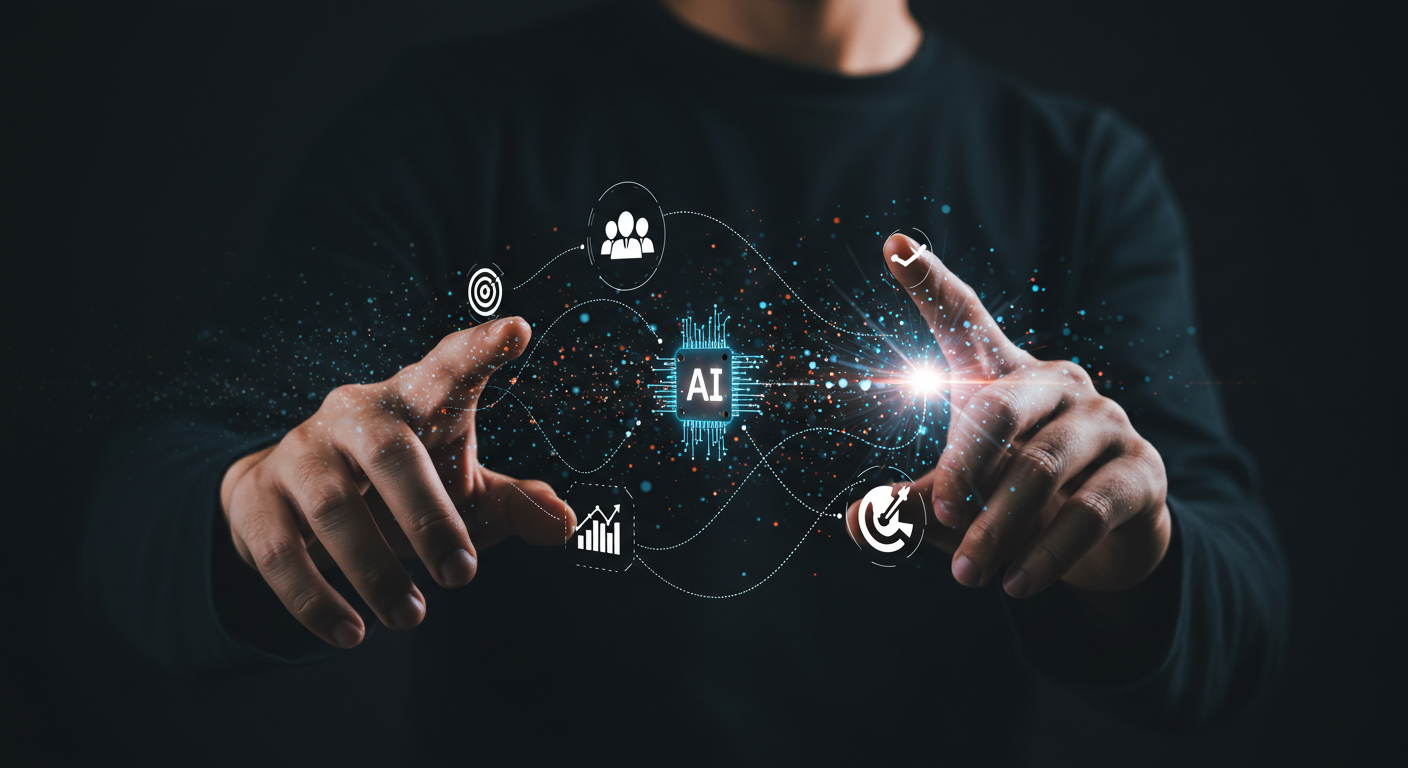Artificial Intelligence (AI) now dominates marketing conversations. Initially, many viewed AI with mixed feelings. However, its real power emerges in practical applications. Brands achieve genuine return on investment (ROI) with AI today. This happens when companies apply AI strategically. Indeed, they move past mere excitement.
AI technologies are being used by brands throughout the world, including in Nigeria. They see actual outcomes. Specifically, this article investigates how artificial intelligence (AI) produces quantitative benefits in marketing. It addresses hyper-personalization, predictive analytics, and content automation.
Read also: Forging media empires in the age of disruption
Personalization at Scale: AI’s Real-World Impact
AI drastically alters customer personalization. Crucially, it enables brands to personalize communications. AI understands unique customer preferences. It investigates historical behavior. Consequently, this enables very meaningful interactions.
Consider personalized email campaigns. Websites also provide customized experiences. Furthermore, AI makes tailored product recommendations for each user. This increases consumer involvement tremendously. Ultimately, it leads to increased conversion rates.
Predictive Power: Understanding Consumer Behavior
AI provides excellent predictive insights. Indeed, it analyzes massive volumes of data. This helps to predict future trends. Moreover, AI can also discover client demands at an early stage. Businesses gain a competitive advantage.
Marketers utilize artificial intelligence to anticipate demand. They optimize campaign timing. Additionally, AI detects likely buyers. This makes marketing campaigns more effective. Therefore, it also eliminates wasted resources.
Efficiency and Creativity: Automated Content
AI now aids in content development. It creates advertising copy. It prepares social media posts. In fact, AI even generates simple email drafts. This greatly improves marketing team efficiency.
Humans continue to give vital supervision. They ensure the brand’s voice. Furthermore, marketers refine AI-generated content. This allows them to devote more time on strategy. Thus, it allows for more focus on creativity.
Navigating Challenges: Data, Ethics, and Adoption
Adopting AI is not without challenges. First and foremost, brands need clear, high-quality data. Poor data leads to poor AI outcomes. Ethical issues are critical. For example, AI must avoid biases. It must respect customers’ privacy.
Companies, particularly in Nigeria, face unique adoption challenges. Infrastructure varies. Training needs vary. However, overcoming these hurdles yields enormous benefit. Strategic planning is essential for effective AI integration.
The Evolving Marketer: New Skill Sets
AI alters the marketer’s position. Marketers require new skills. Data literacy is key. Understanding AI models becomes critical. Prompt engineering, for instance, is a recent skill.
The focus changes from execution to strategy. Marketers manage AI tools. They interpret the results. They direct AI to meet commercial objectives. Consequently, continuous learning is essential for modern marketers.
AI Transforms Marketing Strategically
AI is truly transforming marketing today. It goes much beyond the initial excitement. Brands effectively use artificial intelligence to generate real returns. They obtain greater customer insights. They also gain higher operating efficiencies.
Strategic AI adoption offers long-term growth. Ultimately, it enables marketers. This amazing instrument improves human capacities. Crucially, it does not replace them. Forward-thinking brands embrace artificial intelligence. They protect their future in a competitive environment.
Also Watch: MARKETING EDGE ONTV







Comment
No comments found.